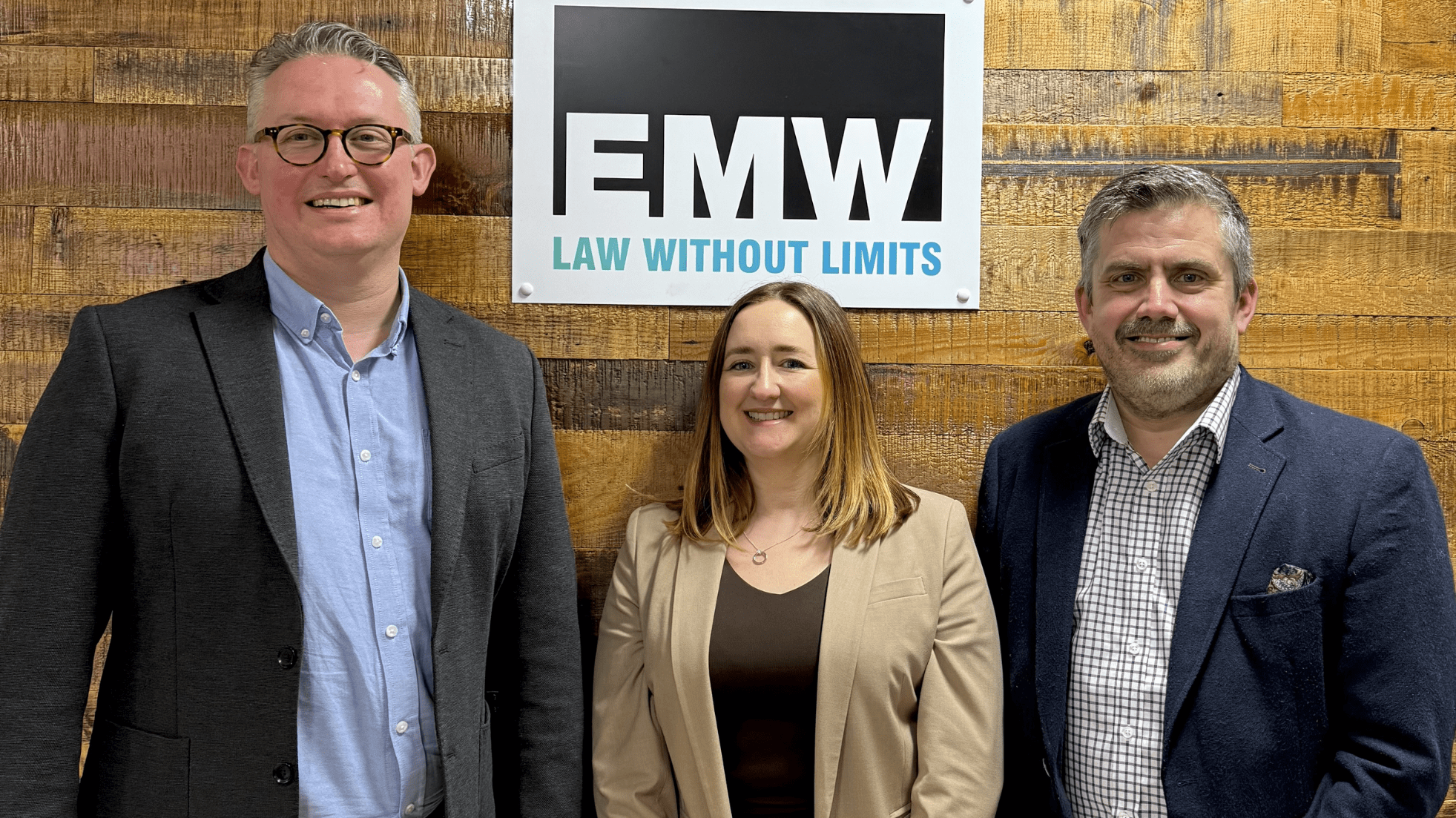In a rapidly evolving business landscape, Employee Relations (ER) is no longer a purely reactive or administrative function. It has become a strategic pillar that shapes organisational culture, performance and reputation.
Companies that invest in robust ER frameworks not only mitigate risk and ensure compliance but also cultivate trust, engagement and long-term sustainability. Achieving this requires a balance of strategic foresight and operational excellence, supported by a clear understanding of people, policy and performance dynamics. No matter the size of the business, this is a vital area to master.
Strategically, effective Employee Relations underpin the organisation’s ability to attract, retain and empower talent while safeguarding its brand and operational continuity. ER strategies should align closely with broader business goals, from productivity and innovation to diversity and inclusion, and environmental and social responsibility.
Key strategic priorities include:
- Building a resolution-focused culture where dialogue and trust replace confrontation
- Embedding ER within business agility, enabling the workforce to adapt to change without conflict or disengagement
- Reinforcing brand and reputation through ethical employment practices and transparent communication.
- Ensuring sustainability, not just in environmental terms but in fostering long-term employee wellbeing, fair work practices and equitable opportunities.
When ER strategy is integrated into the overall business plan, it strengthens organisational resilience and becomes a driver of competitive advantage.
At an operational level, ER professionals must ensure that strategic intent translates into fair, consistent and compliant day-to-day practices. This involves proactive communication, strong policy design, and a continuous commitment to resolving workplace issues constructively.

This comprehensive checklist includes core considerations for effective ER:
Managing individual and collective communication
- Open dialogue channels: maintain consistent two-way communication between management and employees
- Employee voice mechanisms: implement systems to capture workforce sentiment and identify potential concerns early
- Collective relationships: foster constructive partnerships with trade unions or employee representatives
Developing and implementing fair policies
- Equity and consistency: policies should be transparent, fair and applied consistently
- Policy review cycles: regularly review and update policies to reflect changing legislation and priorities
- Employee-friendly documentation: ensure policies are accessible and supported by practical guidance and training
Understanding and complying with labour laws
- Legal literacy: maintain an up-to-date understanding of employment legislation and case law.
- Risk mitigation: conduct audits to ensure compliance with labour laws.
- Ethical standards: go beyond compliance by embedding fairness, dignity and respect into all workplace decisions
Conflict resolution and a resolution-focused culture
- Early intervention: encourage managers to address issues informally before escalation
- Mediation and facilitation: train HR and ER practitioners in mediation techniques
- Continuous learning: capture lessons from conflicts to refine practices and strengthen relationships
Business agility and workforce adaptability
- Change readiness: equip employees with tools and knowledge to adapt to restructuring or technological shifts
- Flexible frameworks: develop adaptable policies for remote and diverse working arrangements
- Continuous engagement: maintain transparency during change processes
Sustainability, environment and employee relations
- Social sustainability: integrate social responsibility into ER practices
- Environmental awareness: engage employees in sustainability initiatives
- Wellbeing and resilience: support mental and physical health programmes
Brand, reputation and trust
- Employer brand alignment: ensure ER practices reflect company values
- Transparency and integrity: communicate openly about challenges and responses
- Reputation management : recognise that employee treatment impacts brand trust and loyalty

Overarching strategy and return on investment
A strategically aligned ER function contributes tangible and measurable value to the business. The Return on Investment (ROI) from a proactive Employee Relations strategy can be observed through
- Reduced conflict costs
- Higher engagement and retention
- Enhanced productivity
- Reputational capital
- Operational resilience
To measure ROI, organisations should track metrics such as engagement scores, absenteeism, grievance frequency and turnover alongside business performance indicators. Effective ER demands both strategic intent and operational discipline.
When organisations integrate ER into their overarching strategy, they create a culture that values fairness, communication and continuous improvement. Such an approach not only reduces risk and conflict but also strengthens brand reputation, fosters sustainability and drives measurable business success. In an era where people are the true differentiator, mastering the art and science of ER is not merely a compliance exercise, it is a strategic necessity.

By Jason Sinclair, Chief Operating Officer at Profile Resourcing.
Find out more about Profile Resourcing on their website.



















